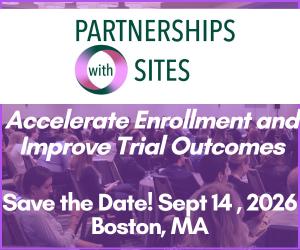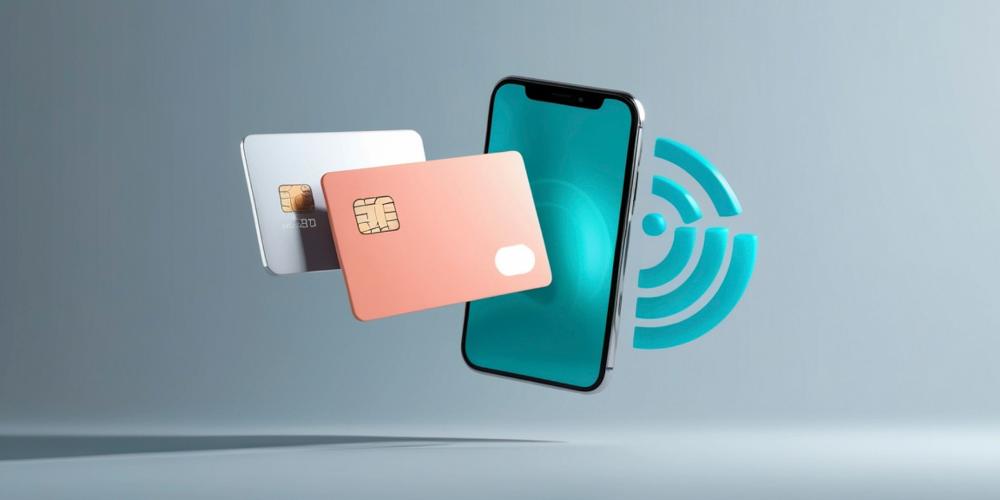The Nuts and Bolts of Bringing Clinical Research into Community Hospitals
Oregon Health & Science University created an affiliate program to provide local hospitals with access to OHSU clinicians, resources and clinical trials. Affiliate Research Program Manager Madeline Sparks Cresswell, MBA, outlines the logistics and operations of bringing clinical research into community hospitals.

Why did OHSU start the affiliate program?
OHSU started to affiliate with Oregon community hospitals around the state when there was an identified need at those hospitals. That could range from offering additional services, giving local hospitals help with certain contracts, or expanding their emergency department, etc. Our affiliation agreements are specific to each hospital, but they were all solely for clinical purposes.
The research component began because OHSU clinicians wanted to do research at the local affiliate hospitals where they were seeing patients. Prior to the program, if there was a clinician working in the emergency department at an affiliate twice a week who is also doing heart failure clinical research at OHSU, they might say, “I’m seeing a lot of heart failure patients out here that would qualify. Can I start enrolling?” At the time, we had to tell them, “No, because there was no infrastructure or processes ensuring the proper billing, contracts and regulatory components in place. There was no one asking the questions about how they would get their coordinators and study materials on site.” These questions and considerations led us to developing the affiliate research program.
What benefit does this bring OHSU providers?
The biggest driving factor, beyond our overall mission of bringing research breakthroughs and innovations to patients at the bedside, is the clinician voice. Our clinicians care so much about research and so passionately want to find answers that can help patients.
Our clinicians love practicing at both sites. They’re excited about the opportunity to reach patients. One area they are keenly interested in is cancer treatment. They want to find those patients in the early-detection stages and get them into trials as soon as possible. And now that we can find them with our shared electronic medical record (EMR), we’re able to get to those patients sooner, rather than waiting on a referral.
What are the most consistent challenges you come across when working with sites more naive to research?
Education on the different types of clinical research requests for clinical leadership. They may assume every research collaboration request will be a clinical trial, but sometimes it’s just having access to their patients or their data. They may not be thinking of opioid overdose surveys, miscarriage symptom follow-up interviews, single blood tubes stored in a biobank or patient surveys, etc. These are all still very important research activities, with low funding requirements and low impact on the site’s workflow.
That starts all the different logistics required, for example, how we get on site to hang fliers? Are we bringing those to the front desk and they're taking them up to the clinic? Can we put iPads in your waiting area? If we’re drawing one additional blood tube on an overdose study, do we have somewhere to store that? There are big challenges, like bringing a research drug trial to a community hospital that hasn’t prepped for that volume of research, but often our challenges are the small things.
"Our clinicians care so much about research and so passionately want to find answers that can help patients."
What is your advice for other institutions that would like to create something similar?
You need a dedicated, knowledgeable manager handling the process. There is a seemingly never ending list of logistics or questions to be answered. For example, for a clinical trial, clinicians might tell me they need to talk to patients, and then gather, store and transport samples. Then I’ll go to the affiliate and say, “The team needs to be on site and needs access to the lab.” If the affiliate approves, we get the staff credentialed, get a background check and drug test, then I ask the affiliate if that meets their criteria.
If I ask, “How are you transporting the samples?” that may generate a number of questions. If they don’t have dry ice at the affiliate, then the clinician must bring dry ice. That means the clinician can’t go directly to the affiliate; they must get the dry ice at OHSU first, then go to the affiliate. If the clinician doesn’t want to travel back to OHSU with their samples, then we must determine whether the affiliate has a sufficient freezer, with sufficient space.
How are you working through some of the logistical hurdles in partnering with an affiliate?
We adapt our research processes for a new organization, one that’s never considered research processes or procedures, and that can be a challenge. If I ask, “Can our coordinators have access to your Epic, or electronic medical record?” to a hospital, they might respond with, “Yes, but we need to complete these steps.” When we start going through the steps and realize that it is similar to the full employee onboarding process which doesn’t seem to align with the extent of the request we thought we were making.
That said, they might say, “This is the standard procedure for getting someone Epic access,” but we’re requesting something different than they’ve ever seen. It requires acknowledgement from us to the affiliate that we understand why they are requiring something, and we appreciate their working with us, and we discuss a modified path forward that works for both parties.
"We adapt our research processes for a new organization, one that’s never considered research processes or procedures, and that can be a challenge."
How are you navigating data sharing and data privacy in an affiliate relationship?
We had brought everyone onto our instance of Epic for clinical care, so that if they presented to an affiliate’s ED and had follow-up at our hospital, we didn’t have to get their records for continuity of care.
It becomes muddier when it comes to research, because, technically, a coordinator can log into OHSU Epic and see whether a patient has ever been seen at both sites – their charts are linked. So, the coordinator might think, “I want to run a query about how many patients we have with heart failure and breast cancer, over the age of 65.” That query pulls in everyone who fits the parameters, including affiliate site patients that we technically cannot do research with until we have site approval.
We know the patients are there, and we are able to see if it's a feasible thing ahead of time. But part of the ask to affiliates is, “Can we query your medical records, and can we see that patient data or use it or do follow-up care?”
Have you tried anything to solve that challenge?
With one of our affiliate sites, we solved the problem because they signed onto our accounting of disclosure portal. If they were to disclose protected health information for health care purposes, they would log into this portal and say they did it, but it's the same portal that we have. We can log in and do it on their behalf for research.
They also sign on to a policy of ours. If you're enrolling fewer than 50 patients, it must be a per patient disclosure. If you're enrolling more than 50 patients, you can do a study-level disclosure that says, “We're looking at patients for this criteria.”
What’s one challenge you’re having that you would like to hear about from others?
It relates to data. I would like to know how other people do accountings of disclosure. I would like to know how these sites are getting patient data under the waiver of authorization, and how the hospitals are filing those accountings of disclosure.
We have a unique situation. Because we can access their data on their behalf, there isn’t a way for the site to actually sign it over to us. We must tell them, “We looked at your data,” and then they have to file it, but that is just giving them more work to do, and my goal is never to burden an affiliate with our research requests.









